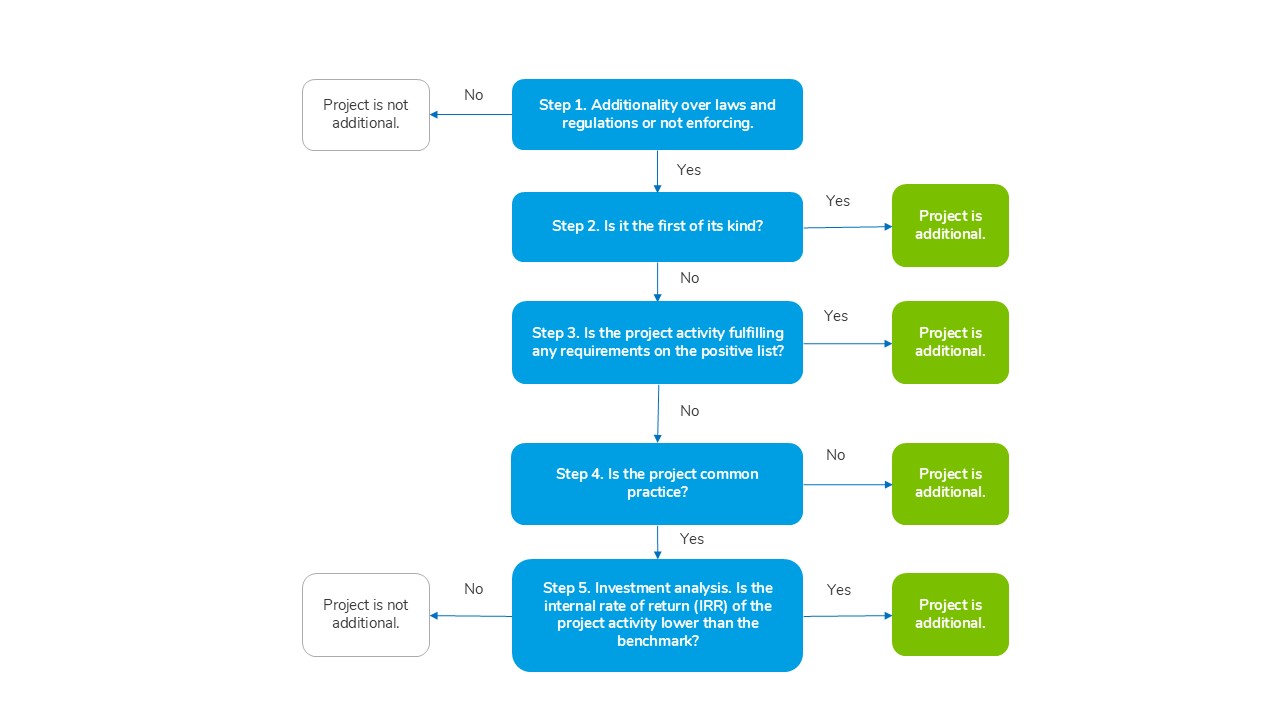
FREQUENTLY ASKED QUESTIONS
What is the Voluntary Programme on Circular Economy?
It is a certification programme that allows programmes or projects that carry out circular economy activities, such as plastic recycling (among other activities), to generate Circular Credits that are equivalent to one tonne of materials that were reduced or recirculated. These credits can be purchased by organisations that want to offset their environmental material footprint.
The programme is an economic instrument for any organisation that has a circular economy project to generate additional income from its activities.
What are Projects on Circular Economy Materials?
These are initiatives for the recovery of materials along the value chain with which Circular Credits are traded, which finance environmental services for reduction and recirculation, their purpose extends to the elimination of waste and pollution, the extension of the useful life of products and materials and the regeneration of natural systems.
Who operates the Voluntary Programme On Circular Economy?
The Voluntary Programme On Circular Economy is led by Cercarbono, a multidisciplinary organisation and expert in the creation of programmes and initiatives to mitigate climate change in the voluntary carbon market, and Global Zero Waste, a leading organisation in the development of international circular economy projects and standards in the material flow.
Who can register a project in Voluntary Programme On Circular Economy?
Any organisation or circularity initiative that can justify its additionality and applicability in accordance with the methodology selectioned.
What are Circular Credits?
These are international financing mechanisms equivalent to the reduction or recirculation of one metric tonne of materials. These credits can be purchased by organisations or consumers who want to offset their material footprint and promote the development of Project on Circular Economy Materials.
Each certificate of reduced or recirculated tonne is identified with a unique serial number that contains all the information of the project, guaranteeing the traceability and transparency that this market deserves.
What are the benefits of the Voluntary Programme On Circular Economy?
It increases and enhances material reduction and recycling projects, promotes the optimisation of materials in the biological and technological cycle, contributes to the achievement of the Sustainable Development Goals (SDGs), promotes a friendly, efficient and effective environment for the interaction of the actors involved and ensures transparency in the exchange and integration of data in the international market for Circular Credits.
Is there any geographical limitation for the development of a Project on Circular Economy Materials?
Materials reduction or recirculation activities are accredited independently of their location, i.e. the Project on Circular Economy Materials can be developed anywhere in the world under the technical considerations of the programme. As it is an international programme, it promotes the participation of actors from all regions, encouraging interaction between their own markets.
Where can I register my Project on Circular Economy Materials?
The programme uses EcoRegistry as its registration platform to register my Project on Circular Economy Materials. EcoRegistry is a platform based on blockchain technology that ensures transparency in the accounting of the voluntary market of circularity of materials and security and traceability in the management of information related to the initiatives of reduction or recirculation of materials.
What is additionality?
Additionality means that, in the absence of the proposed Project on Circular Economy Materials, the amount of materials recycled or recirculated by it would not have been removed from the environment or reintroduced into the value chain. The additionality criterion is detailed in each of the methodologies, e.g. for the plastic recycling methodology see the decision tree to demonstrate additionality.
What activities apply to the Voluntary Programme On Circular Economy?
The activities of the programme are divided into two groups: Reduction and Recirculation. These two categories can be specifically implemented according to the 9Rs of the circular economy: reduction (reject, rethink and reduce) and recirculation (reuse, repair, refurbish, remanufacture, repurpose, and recycle). However, their eligibility for the generation of Circular Credits depends on the methodology applied.
Who can use Circular Credits?
Circular Credits can be purchased by organisations or individual consumers who want to offset their material footprint, based on the premise that one credit is equivalent to the reduction (reject, rethink and reduce) or recirculation (reuse, repair, refurbish, remanufacture, repurpose, and recycle) of one metric tonne of materials. Through the marketing of these certificates, material recovery and management projects can be financed, which will attract new resources to the communities involved and regions where the activities take place.
How many years is retroactivity allowed for Project on Circular Economy Materials?
The programme will allow a retroactivity of three years from when the project has been published in the EcoRegistry platform.
What should be the duration of the Project on Circular Economy Materials?
Projects can establish a minimum lifespan of 10 years.
How many times can the accreditation period be renewed?
The accreditation period for Project on Circular Economy Materials is 10 years, renewable once for a maximum of 10 years. In the case of the Programmes of Activities it will be a maximum of 20 years.
Can I use a methodology other than those set out in the Voluntary Programme On Circular Economy?
Different methodologies can be used as long as they take into account the material reduction and recirculation activities set out in the Voluntary Programme On Circular Economy. These methodologies must be submitted jointly or independently following the guidelines described in the Programme's Procedures document and be approved by Global Zero Waste and Cercarbono.
How much does a Circular Credit or Plastic Credit cost?
The value of a credit depends on the characteristics of the project, i.e. type of activity (reduction or recirculation), location, type of material, social and environmental impact, among others, which can add value to the credit. A Circular Credit represents one metric tonne of materials reduced or recirculated.
Also, the value of the certificates will depend on international market performance and existing demand.
Do stakeholders need to be formally consulted on the Project on Circular Economy Materials during its development?
Yes, when the Project on Circular Economy Materials is developed with communities, a public consultation with stakeholders must be carried out; in addition, when registered in the programme, the project is subject to a 30-day public comment period and stakeholders can consult the project and make their comments.
Is there a format for submitting project information?
Yes, the format that a holder or developer must use to present the project is the Project Description Document (PDD).
Is there a cost for project validation and verification?
Yes, the validation and verification are performed by a Validation and Verification Body (VVB) and they charge according to the type and location of the project. This cost is assumed by the holder or developer of the initiative.
Does Validation and Verification Body (VVB) have a maximum timeframe for validation and verification of a project?
No, the time for validation and verification of a project is established by the holder and the Validation and Verification Body (VVB) in the contract entered into to carry out these processes.
What are the deadlines for verification events?
Projects may conduct verifications at least every six months and no more than every five years. If a project has not performed verifications for four years and nine months, or if its accreditation period is about to expire, it receives an alert from the programme indicating the need for a verification.
If there is an Extended Producer Responsibility (EPR) scheme in my country, can I register my project for the issuance of Plastic Credits?
The existence of Extended Producer Responsibility (EPR) schemes and the single-use plastic tax limit the room for manoeuvre for Plastic Credits projects, as recycling targets for producers and traders are already established and mandatory.
To generate Plastic Credits, activities must go beyond the legal obligations (additionality), which reduces the margin of opportunity, as many companies must comply with their environmental commitments under the law. For a project to be eligible, it must demonstrate that the proposed actions would not have occurred without the intervention of the crediting mechanism, i.e. that they go beyond the targets imposed by legislation. Therefore, all material reported for compliance is NOT eligible for credit issuance, only material that is NOT reported for compliance is eligible for credit issuance.
What is double counting?
Companies that are registered as transformers and certify recovered plastic to collection system programmes may face the risk of double counting. This means that if plastic recovery is already being accounted for in a system such as Extended Producer Responsibility (EPR) or reported in another programme, it is not appropriate to issuance additional credits for that same plastic, as this constitutes double counting.

